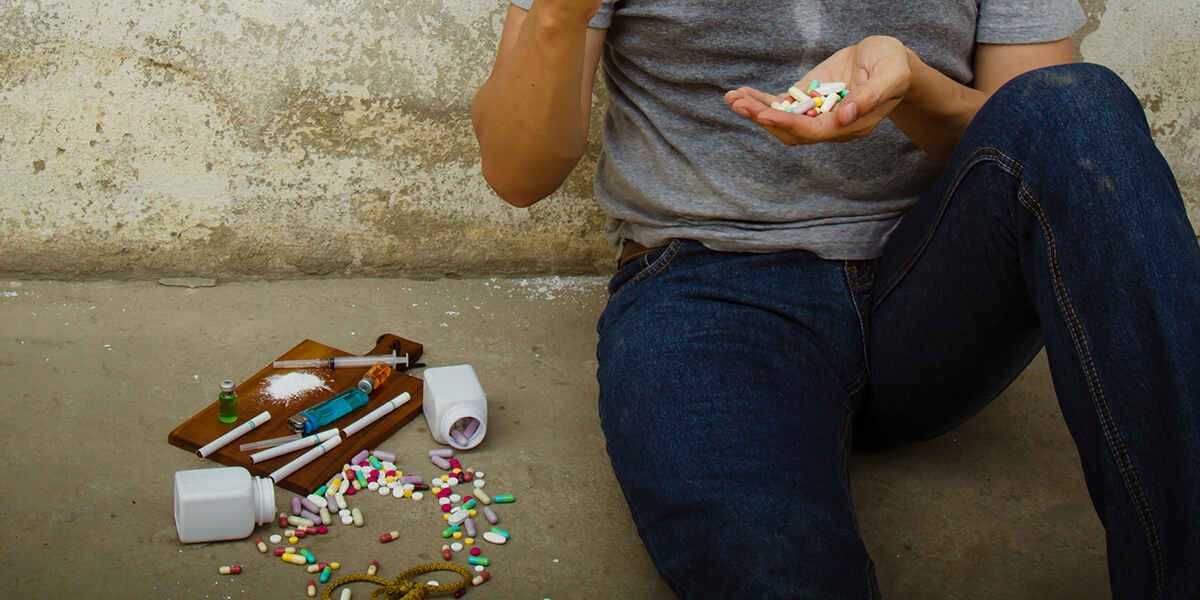Post-traumatic stress disorder (PTSD) and substance abuse are frequently interconnected. The interaction can create a harmful cycle that is difficult for many individuals to break. But why do people with PTSD develop substance abuse problems? Understanding the cause is an integral part of effective treatment and support.
In Balance Counseling, the leading provider of intensive outpatient programs in Tucson, examines the factors that drive the harmful chain between these two. Discover more and learn how to navigate these difficult topics with our help.
The Role of Trauma
The core of PTSD is trauma — an intense emotional response to distressing or dangerous events. The causes may include many unfortunate occurrences, such as combat exposure, childhood abuse, or accidents.
Trauma can overwhelm the brain’s ability to regulate emotions, leading to harmful symptoms like intrusive thoughts, hypervigilance, and emotional detachment. Some individuals turn to alcohol or drugs to seek relief from such stressful memories and emotional pain.
Coping and Self-Medication
Many people suffering from PTSD are more vulnerable to substance abuse because they lack effective coping strategies. Harmful substances often become a form of self-medication that appears to provide a temporary escape from feelings of anxiety and depression.
All evidence shows this maladaptive strategy unfortunately worsens their condition. For example:
- Alcohol might deaden anxiety in the short term but disrupts sleep and heightens depressive symptoms.
- Sedatives may numb emotions but lead to dependency and withdrawal issues.
- Stimulants might temporarily boost energy levels but can increase irritability and hyperarousal.
Increased reliance on self-medication creates a vicious cycle where substance abuse exacerbates PTSD symptoms, leading to deeper addiction.
Why PTSD Links to Substance Abuse
Why do people with PTSD develop substance abuse problems? There are several reasons why these issues interact:
- Stress amplification. Chronic stress drives individuals to seek quick relief.
- Environmental factors. Those exposed to environments normalizing substance use may be more likely to develop dependent behaviors.
- Biological changes. PTSD alters brain chemistry, reducing serotonin and dopamine levels. Drugs and alcohol may artificially increase these chemicals to supply temporary relief but often rewire the brain for addictive behavior.
Breaking the Cycle With Comprehensive Care
Recovery requires addressing both PTSD and substance abuse concurrently. Evidence-based treatments include:
- Therapy. Trauma-focused therapies like Cognitive Behavioral Therapy (CBT) help individuals process their experiences better and build healthier coping mechanisms.
- Medication-assisted treatment. Medications administered by a doctor can support recovery by managing symptoms and cravings.
- Support systems. Group therapy and peer support provide community while reducing isolation.
Contact In Balance Counseling for Help
Why do people with PTSD develop substance abuse problems? In Balance Counseling addresses both conditions through integrated care. We’ll discuss the warning signs of PTSD, how symptoms can lead to secondary problems, and provide professional support to help people reclaim their lives and health.
If you or a loved one is struggling, reach out to In Balance Counseling in Tucson, AZ, at (520) 722-9631. Our team provides compassionate, evidence-based care to help individuals find balance and long-term recovery.
